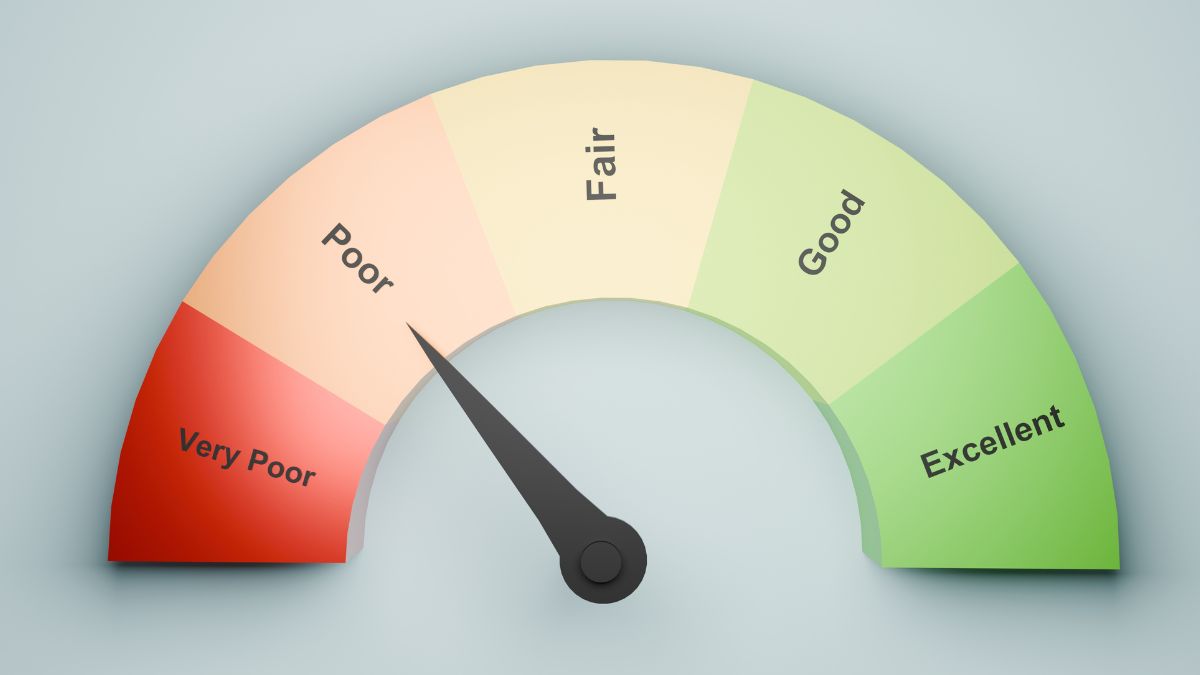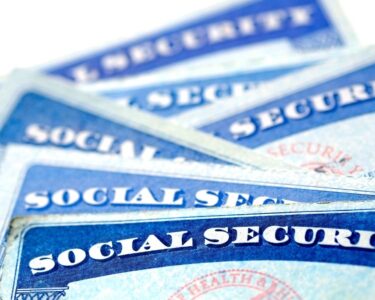It’s no secret that people with low credit scores are often more likely to have hidden fees and higher interest rates attached to their monthly statements. What is a secret is how you can save—or even avoid—those added costs when you have a less-than-stellar credit report. And it goes way beyond just credit cards. These savings methods can apply to things like home and personal loans as well. To discover what the tips are, and how you can start saving today, read on.
What is considered a bad credit score?

Most credit bureaus like Experian, Equifax or TransUnion will use either FICO or VantageScore when it comes to calculating credit scores based on things such as spending history, payment history, what types of credit you have, how much credit you have and when you apply for a new type of credit, such as a card or loan.
All of those things are weighted differently when it comes to FICO and VantageScore, resulting in both of them having a different credit score scale.
For FICO, anything in the 300 to 579 range is considered “very poor”; however, for VantageScore, that “very poor” number ranges from 300 to 499. Also different is the fact that VantageScore has a “poor” credit score section, which ranges from 500 to 600. FICO does not have this, and instead goes straight from “very poor” to “fair,” allowing more people to get out of that “poor” credit score pocket.
How to save on credit cards with a low credit score
When it comes to bad credit and not being able to save money, there are a lot of connections—mainly in the realm of fees and interest rates. To help avoid this and save more money, it’s recommended that you avoid cash advances, focus on paying off the cards with the highest interest rates and pay more than just the minimum amount on your monthly statement—even if it means making more than one payment within that month.
“One thing that people forget is that if you pay your credit cards off in full each month, the interest does not matter. When you pay the balance in full by the due date, the interest is waived,” Ashley Morgan, a debt and bankruptcy lawyer in Northern Virginia, said. “So if you have a high-interest credit card, you want to do everything you can to pay off the balance every month. Additionally, paying a credit card in full can help improve your credit and allow you to get better offers for future credit cards and loans. Credit is a muscle; you need to use it to have it. So everything to you do to show good credit usage helps improve for situation.”

On top of all of that, you can also get something called a secured credit card. To open one, all you need to do is provide a lender with a “security deposit” that will then serve as your credit limit. This will help ensure that you have enough money to pay off the bill at the end of the month, which, in turn, will help you improve your credit score and potentially lower your interest rates.
“If you have a low credit score or limited credit history, getting approved for a secured credit card can be easier than getting a traditional credit card,” reads the Experian website. “Because the issuer can use your deposit to recoup your balance should you default, issuers can be less restrictive when approving applications for secured cards. That could open the door to building credit, and you may be able to graduate to an unsecured card down the line.”
Personal loan hacks to save you money
Personal loans are when you take out a fixed amount of money and then repay it over a certain period of time. Most of the time, the amount you owe remains the same every month, and the interest rate on the loan does not increase.
To help save money on this, you can either pay off your loan entirely, which helps ensure that you don’t have an unpaid amount looming over your head for long, or you can look into refinancing your loan with a lender that offers a lower interest rate than your current one.
“One of the key advantages of a personal loan is its predictable repayment structure,” Courtney Alev, a consumer financial advocate at Credit Karma, said. “Fixed monthly payments and defined terms can make it easier to budget and help you avoid long-term debt.”
Mortgage and home loan strategies for bad credit

Similar to personal loans, some of the best ways to save money on home loans/mortgages are to either try to pay it off quicker than expected or to refinance your loan. This will help you have more money in the long run and help ensure that your credit score either goes up or remains the same.
“Refinancing your mortgage involves taking out a new loan to pay off your existing loan’s outstanding balance. This can leave you with a new monthly payment that may be lower than what you were paying before,” says the Experian website. “Refinancing can also be an opportunity to change the terms of your loan or lock in a lower interest rate. Both ways could help you save a significant amount of money on your mortgage.”
How to rent as a tenant with low credit
Another thing that can be hard to do with low credit is renting either a home or an apartment. To make it easier, experts recommend getting a guarantor, finding a no-credit-check apartment complex, or finding a private landlord such as a family friend.
“When it comes to saving on rent with bad credit, one strategy that will always be effective is offering your landlord a larger security deposit. This will help strengthen their confidence in giving you the property,” Aaron Razon, a personal finance expert at Couponsnake, said. “Plus, it is also a great way to put your best foot forward and negotiate a lease agreement that also benefits you, and not just the landlord.”






